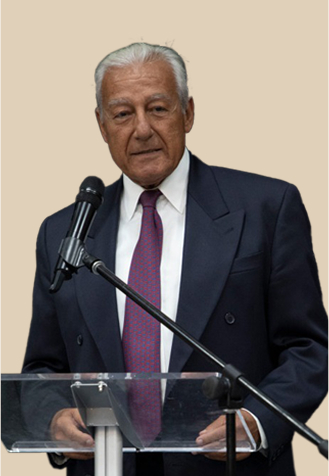18th Anniversary of Massacre of Palestinians at Sabra and Shatila
Washington, D.C., September 16 — Today, Sept. 16, marks the 18th anniversary of one of the bloodiest and most brutal massacres of our time. On Sept. 16, 1982, shortly after Israeli troops seized control of west Beirut, right-wing Lebanese militia forces operating under the direction of Israeli forces massacred thousands of defenseless men, women and children in the Sabra and Shatila Palestinian refugee camps on the outskirts of the city.
Israeli troops were in full control of the area of Beirut in which the camps are located during the massacres. They allowed the militias into the camps, prevented refugees from fleeing for their lives, and lit the night sky with a continuous series of flares as the killing raged. Even the Israeli government‘s own commission of inquiry into the affair, the Kahan Commission, found that Israel was responsible for the massacre. Mordechai Bar-On, chief education officer for the Israeli military said that “Of all the declared, implied and hidden objectives of the [1982] war in Lebanon, there is no doubt that the central aim was to deal a crushing blow to the national aspirations of the Palestinians and their very existence as a nation endeavoring to define itself and gain the right to self determination.” The massacre at Sabra and Shatila was an integral part of this effort.
Senior Israeli officials who were responsible continue to hold high governmental and political posts in Israel. Ariel Sharon, who directed the 1982 Israeli attack on Lebanon, is now leader of the main Israeli opposition party Likud, and Former Major General Amos Yaron, commander of the Israeli occupying forces in the Lebanese capital during the massacre, is now director-general of the Israeli Defense Ministry.
Hala Maksoud, President of the American-Arab Anti-Discrimination Committee (ADC), the nation‘s largest Arab-American membership organization, said “The Sabra and Shatila massacre demonstrates the tragedy of the exile of the Palestinian refugees, who have been excluded from their homeland for over 52 years, and the dangers they face. It underlines the need for a just settlement of the refugee issue based on the Right of Return, which is enshrined for all refugees in the Universal Declaration of Human Rights and the Fourth Geneva Convention, and was specifically applied to the Palestinian refugees in UN Resolution 194.”
Recent Posts
Action Alerts

Your support means everything. Your gift protects rights, builds community, and fights hate. Let’s move forward together.
